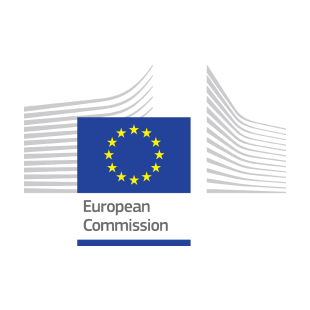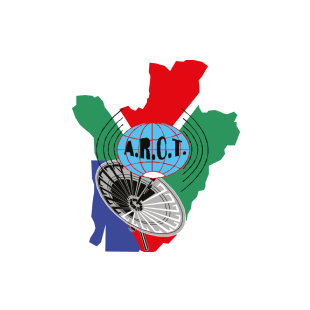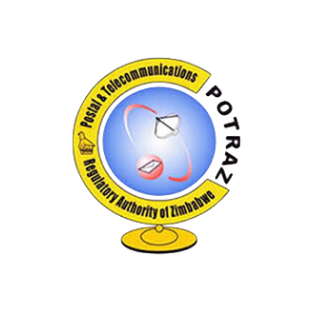-

Future Networks & Spectrum Management Division (FNS)
The Future Networks & Spectrum Management Division (FNS) of ITU focuses on advancing global telecommunications by promoting the development and deployment of next-generation networks. FNS helps ITU Member States and Sector Members leverage new technologies to build efficient, robust, and inclusive digital communication infrastructures, ensuring that countries worldwide can navigate the challenges and opportunities of a rapidly evolving digital landscape.
FNS supports a range of activities to foster the growth of global telecommunications networks, including facilitating the transition from legacy networks to advanced, all-IP-based networks that enable seamless communication across various platforms. The division emphasizes deploying broadband infrastructure, using both fixed and mobile technologies to provide high-speed connectivity for multiple telecommunication services. FNS also focuses on efficient spectrum management, ensuring radio frequencies required for wireless communication are used sustainably.
A core objective of FNS is to help countries, especially least developed countries (LDCs), enhance their connectivity and participate in the digital economy. The division promotes the adoption of international ICT standards, supports the development of modern network infrastructures, and facilitates knowledge sharing among spectrum management professionals. FNS assists governments and regulators in deploying new technologies and managing the digital transition, such as the shift from analog to digital broadcasting, which improves spectrum efficiency and service quality.
FNS is dedicated to bridging the digital divide, particularly in LDCs where connectivity is still limited. With only 19.1% of the population connected in these countries, mainly in Africa and South Asia, FNS works to increase meaningful internet access for all, regardless of location or socio-economic status. By fostering the development of resilient, future-ready networks, FNS aims to ensure everyone can benefit from digital technologies and engage fully in the digital economy.












